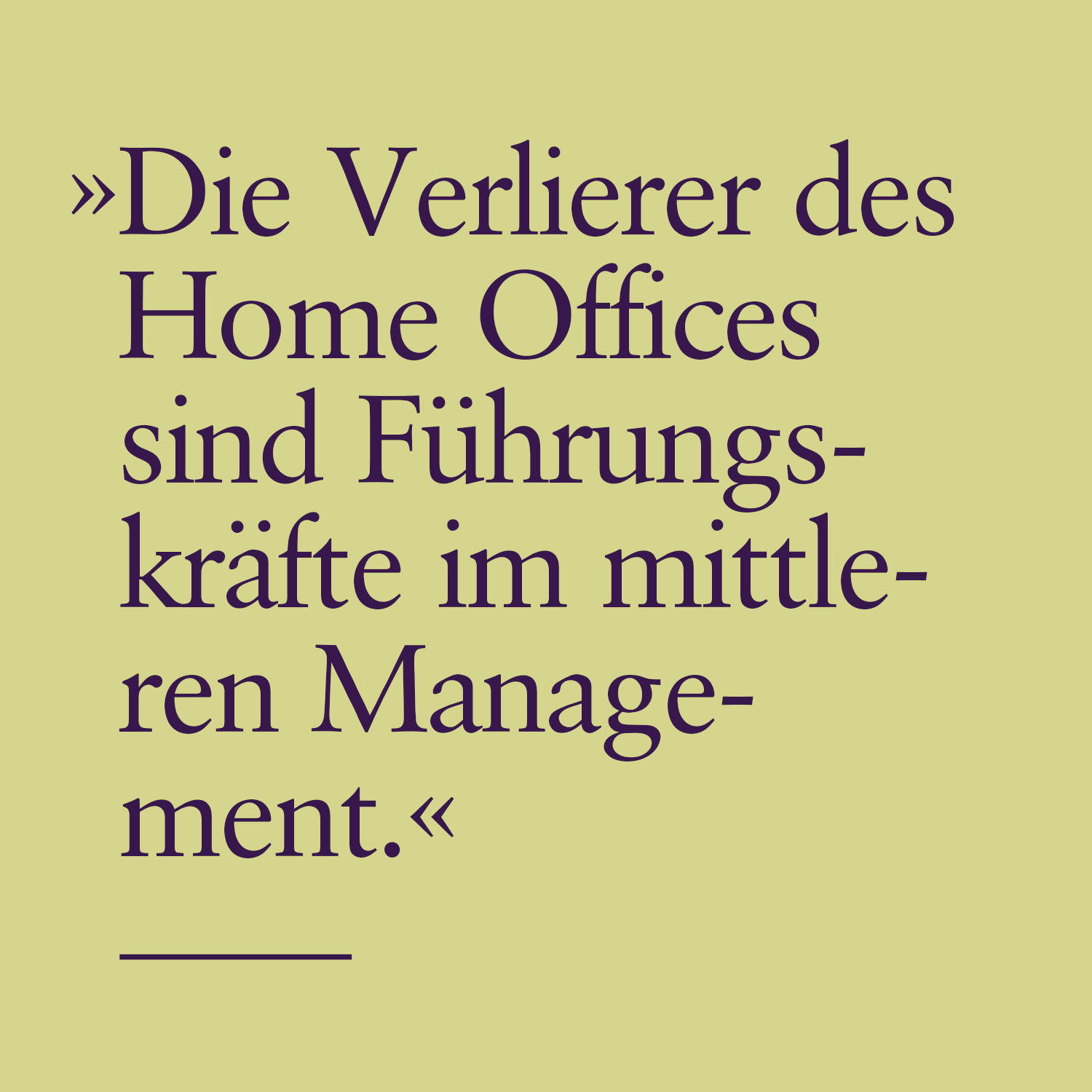
Hello from Hamburg,
„Decoupling!“, antwortete der CEO eines global aufgestellten Mittelständlers, als ich ihn fragte, wie er sich zu China positioniert. Abkoppeln, das heißt konkret: in China nur noch für den chinesischen Markt produzieren, Liefer- und Handelsströme zwischen China und dem Rest der Welt abschneiden oder möglichst klein halten. Diese Antwort hört man zurzeit immer wieder, unterlegt mit Unsicherheit und Skepsis – immerhin ist China das Land, dem Deutschland einen guten Teil seines Wirtschaftswachstums in den vergangenen Jahrzehnten zu verdanken hat. Doch dagegen steht eine immer länger werdende Liste mit Klagen über Chinas aggressive und nationalistische Haltung: Industriespionage, strikter Corona-Lockdown, Behördenwillkür, feindliche Übernahmen wie beim deutschen Roboterhersteller Kuka oder der Einstieg in den Hamburger Hafen, Flutung des deutschen Elektroautomarktes mit chinesischen Fabrikaten, Rohstoffsicherung durch Unterwanderung afrikanischer und südamerikanischer Wirtschaften, Monopol Chinas bei seltenen Erden, das Verhalten im russischen Aggressionskrieg, in Taiwan, im Südchinesischen Meer – die einstige Liebe zur verlängerten Werkbank der deutschen Industrie ist deutlich abgekühlt. Gekränkt stellen wir fest, dass China nicht mehr das Billiglohnland von einst ist, sondern in Hochtechnologie und künstlicher Intelligenz zu den USA aufschließt, im erneuerbaren Energiesektor weltweit mit den Ton angibt und chinesische Haushaltsgeräte in puncto Qualität nicht mehr den unsrigen nachstehen, nur deutlich günstiger sind. Nachrichten über die Abschwächung des Wirtschaftswachstums in China, steigende Arbeitslosigkeit und drohende Immobilienblasen werden nicht ohne Häme kommentiert.
Ich bin kein China-Experte, aber interessiere mich. In den Nullerjahren war ich jährlich mehrfach in China und durfte Debatten zwischen deutschen und chinesischen Rechtswissenschaftlern über den Schutz des Privateigentums begleiten. Ich war überrascht von der Offenheit, mit der wir hinter verschlossenen Türen in einer Denkfabrik diskutieren konnten, die der kommunistischen Regierungspartei nahesteht. Ich habe angefangen, die chinesische Sprache zu lernen und bin im Land gereist. Seitdem war ich gelegentlich dort, und seitdem ist viel Wasser den Jangtse heruntergeflossen. Der chinesische Staatspräsident Xi Jinping hat die Begrenzung seiner Amtszeit aufheben lassen, was ihn zum Herrscher auf Lebenszeit macht, seinen Vorgänger Hu Jintao beim 20. Parteitag der Kommunistischen Partei Chinas im Oktober 2022 vor laufenden Kameras abführen lassen und die freie Meinungsäußerung eingeschränkt.
Ein im Januar erschienenes Buch des Wirtschaftsprofessors Li Daokui sowie im April ein Essay der langjährigen Korrespondentin der »Financial Times« in Peking, Yuan Yang, eröffnen weitere Perspektiven auf das wirtschaftliche und politische Handeln Chinas. Danach ist bis heute prägend, was die Chinesen zwischen dem kolonialen Opiumkrieg bis zu den Kriegsverbrechen Japans im Zweiten Weltkrieg an Erniedrigung erdulden mussten, auch die Abtretung von Hongkong und Taiwan ist nicht verwunden. Dazu kamen schwerwiegende Fehlentscheidungen Maos, der mit dem „Großen Sprung nach vorn“ Ende der Fünfzigerjahre eine Massenhungersnot auslöste und mit der Kulturrevolution in den Sechzigerjahren weitere Millionen Opfer verschuldete. Die Öffnung der Wirtschaft ab Mitte der Achtzigerjahre wies China dann den Weg aus der Armut hin zu einem Hochtechnologieland mit dem klaren Ziel, von der Welt respektiert zu werden. Yuan Yang erzählt ihre Lebensgeschichte, von der Geburt in Armut auf dem Land und dem Aufwachsen in Großbritannien. 2016 kehrte sie als Korrespondentin in ihr Geburtsland zurück, in dem eine kommunistische Partei über eine ultra-kapitalistische Gesellschaft herrschte. Sie verließ es 2022 erneut, als ausländische Journalisten dem Staat immer verdächtiger wurden.
Heute ist China ein Land starker Gegensätze, mit einem erheblich geringeren Pro-Kopf-Einkommen als in den USA. Auf der einen Seite spielt es in Finanzfragen und Klimatechnologie eine globale Rolle. Auf der anderen Seite bündeln sich in China die sozialen und ökologischen Probleme der Welt zwischen extremer Armut auf dem Land, Superreichen in den Städten und einer aus rund 400 Millionen Menschen bestehenden Mittelklasse, die mit der Angst um den Statusverlust ihrer Kinder lebt. Das Ganze balanciert durch eine Einheitspartei, die allerdings, wie Li Daokui in seinem lesenswerten Innenblick dokumentiert, hinter verschlossenen Türen kontrovers darum ringt, die an dem Land zerrenden Ziehkräfte zu meistern und die sozialen Massenunruhen um jeden Preis zu verhindern. Die Bürger Chinas träten ihre Freiheitsrechte solange an die Regierung ab, solange sie sich gut regiert fühlten. Solange akzeptierten sie Einschränkungen der Meinungsfreiheit, Kontrolle des Internets und die Überwachung des öffentlichen Raums. Inmitten von 14 teilweise großen Unruheherden wie Afghanistan, Pakistan und Nordkorea betrachtete sich China, so Li Daokui, als riesiges Experimentierlabor, das aus Fehlern wie der Ein-Kind-Politik zu lernen versuche. Es sei so beschäftigt mit seinen internen Herausforderungen, dass es keine militärische oder ideologische Expansion wolle. China verlange Respekt und reagiere empfindlich, wenn man ihm mit dem erhobenen Zeigefinger entgegentrete.
Selbstverständlich sind die Werte und das Menschenbild Chinas nicht mit den unsrigen vereinbar, die indifferente Haltung Chinas gegenüber der russischen Aggression in der Ukraine und zu Tibet schwer zu ertragen, und Industriespionage ist inakzeptabel. Aber könnte es sein, dass ein großer Teil der verbreiteten Erbostheit gegenüber China ein Ausdruck von Unsicherheit über die abnehmende Wettbewerbsfähigkeit Europas ist? Angst vor dem Verlust von Stammsitzen deutscher Unternehmen, die wir uns eigentlich nicht mehr leisten können? Belehrung, Abschottung und Arroganz sind immer auch Anzeichen tiefsitzender Verunsicherung. Doch statt wie ein trotziges Kind mit dem Fuß auf den Boden zu stampfen, sollten wir die veränderte Rolle Chinas vielleicht lieber als Denkanstoß für die eigenen großen Herausforderungen sehen. Statt über die chinesische Autoschwemme zu klagen, uns lieber fragen: Wie konnte es dazu kommen, und was können wir in einer fordernden Partnerschaft voneinander lernen? Zuhören statt belehren und verstehen wollen, ohne die eigenen Standpunkte zu vernachlässigen. Denn ohne einander werden beide verlieren, wie zahlreiche Studien belegen. Es spricht viel für eine gemäßigte Abkopplung von China, auch, weil sie dazu zwingt, sich selbst neu aufzustellen und zu stärken. Sich komplett abzukoppeln, ist unrealistisch – und nicht zukunftstauglich.



